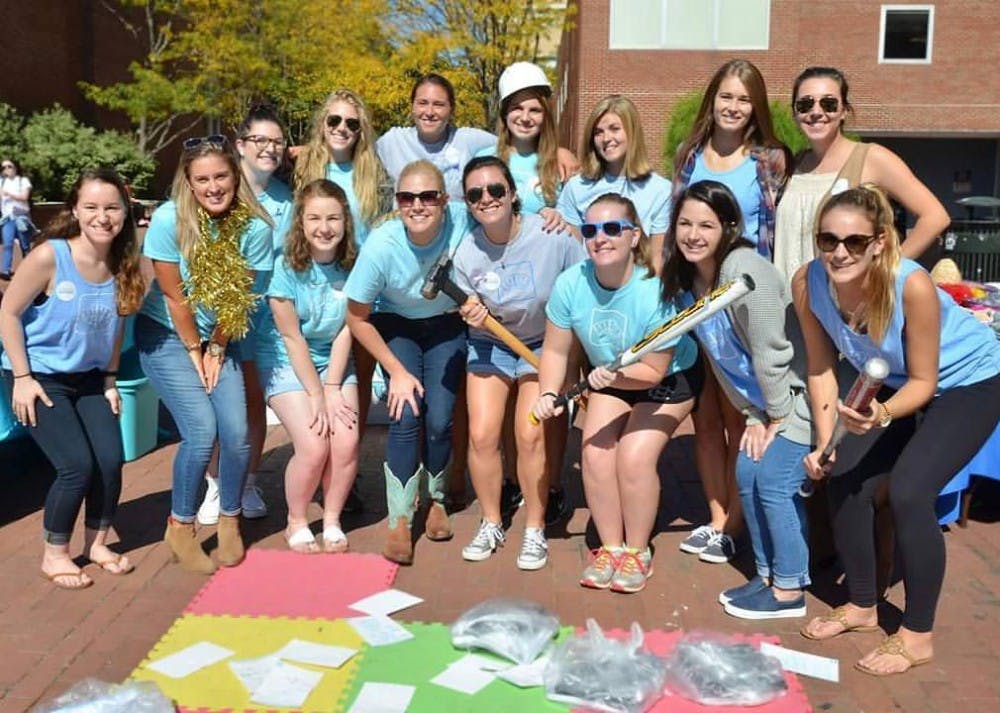Editor's note: This article discusses eating disorders and may be triggering to some readers.
Embody Carolina is looking beyond eating disorders in an attempt to combat the root of the problem: fatphobia.
During their Tuesday event Embracing Fat Activism in the Wide Scope of Disordered Eating, members of Embody Carolina, a Campus Y organization focused on body positivity and raising awareness for disordered eating, explored how the organization is reclaiming the word “fat.”
The event touched on the harm of diet culture, the fear of “fat” as a concept and the lack of diversity in the conversation surrounding body positivity and fatphobia.
“We believe that fat is not a bad word,” Ashley Broadwater, co-chair of Embody Carolina, said. “We want people to realize that it’s just a descriptor.”
Broadwater also emphasized that the organization is trying to focus their efforts on introducing inclusivity into the conversation of disordered eating.
“The people who get researched and get support and who are generally believed to have eating disorders tend to be thin, white females,” Broadwater said. “But eating disorders affect all demographics.”
Maggie Helmke, a member of the Embody Carolina executive board, also said the purpose of the event is to recognize thin privilege in the conversation of body positivity.
“Fatphobia is such a problem here,” Helmke said about UNC. “It’s so ingrained in everybody’s psyche, it’s almost something you can’t get away from.”




